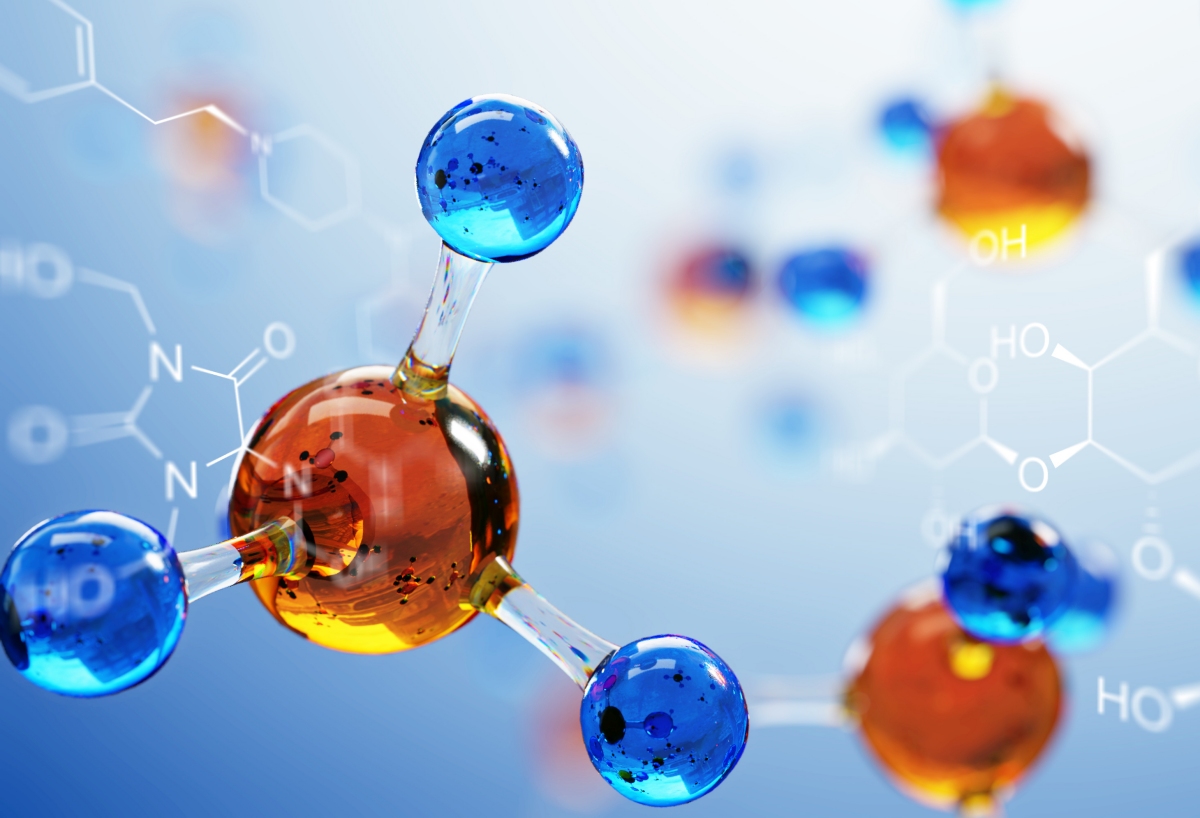What just happened? In testing that was funded by the Defense Advanced Research Projects Agency (DARPA, the US Department of Defense's research arm), the team was able to store and retrieve photos of an Egyptian cat, a wild goat and an anchor on various types of molecules.
It's been years since scientists demonstrated the ability to store data on DNA but as it turns out, deoxyribonucleic acid isn't the only molecule capable of replacing hard drives.
Jacob Rosenstein and his colleagues at Brown University have managed to store data on an array of molecules including those containing sugars and amino acids.
The presence or absence of specific metabolites in their mixtures represented the 0s and 1s needed to encode digital information. Using a mass spectrometer, they were then able to analyze the mixtures at an accuracy rate of around 99 percent.
Rosenstein and crew claim the approach could make data less susceptible to hackers. And in harsh environments that undergo extreme temperature, pressure or mechanical force, molecular memory could even be more stable than electronic memory.
Additional testing and optimizations are needed before the approach becomes commercially viable. Today, molecular memory is slow compared with what is possible via electronic computers although it does have lower latency than DNA storage. DNA, Rosenstein conceded, is still superior for encoding large data sets.
Masthead credit: 3d illustration of molecule model by Egorov Artem
